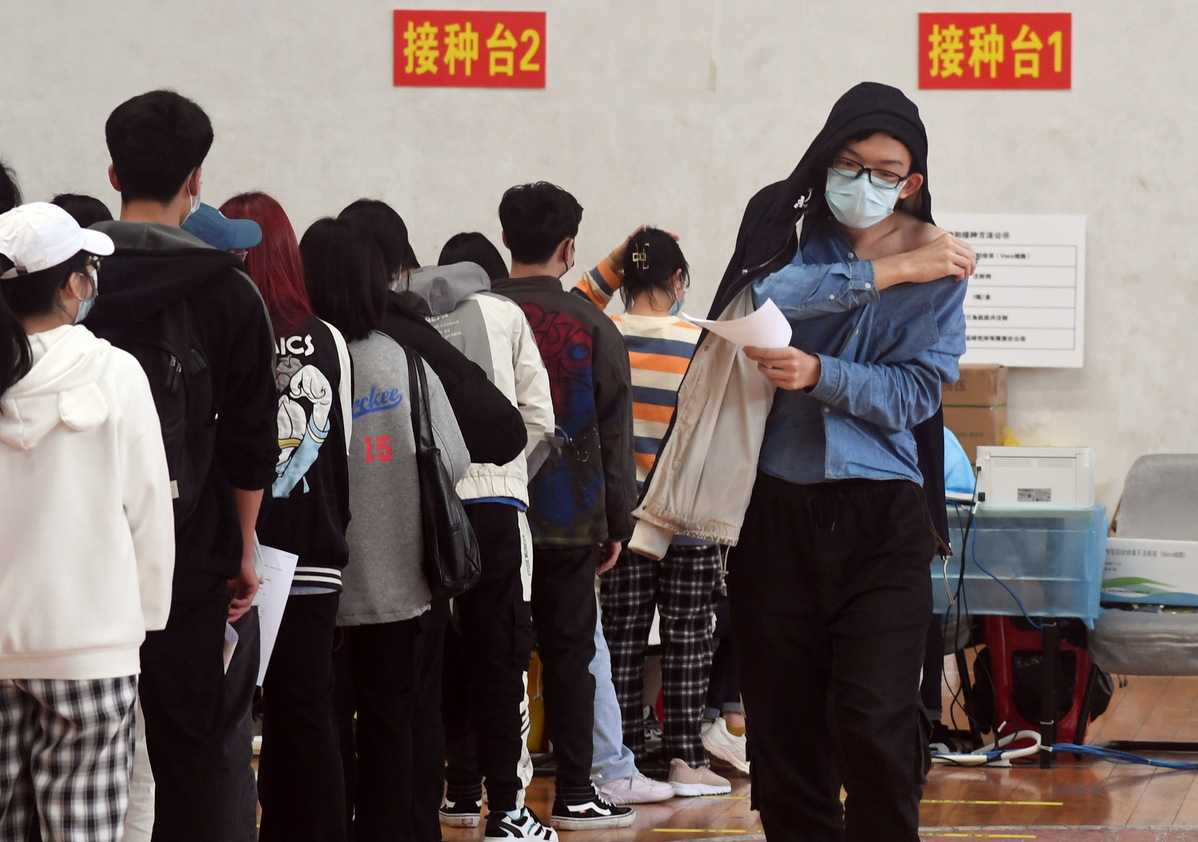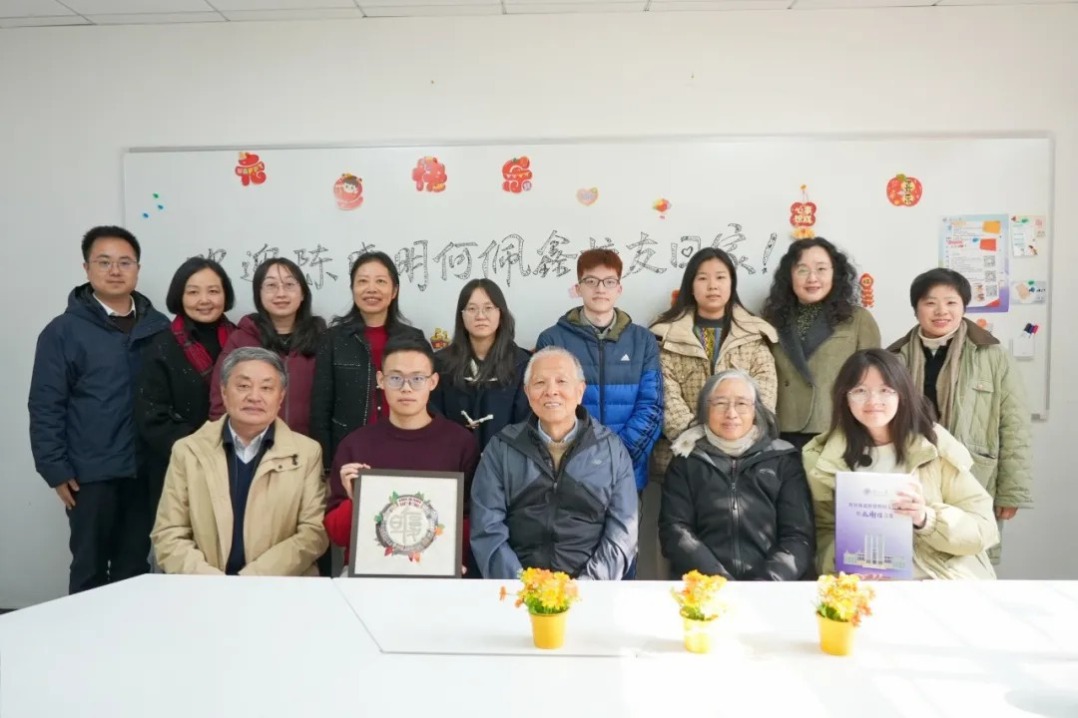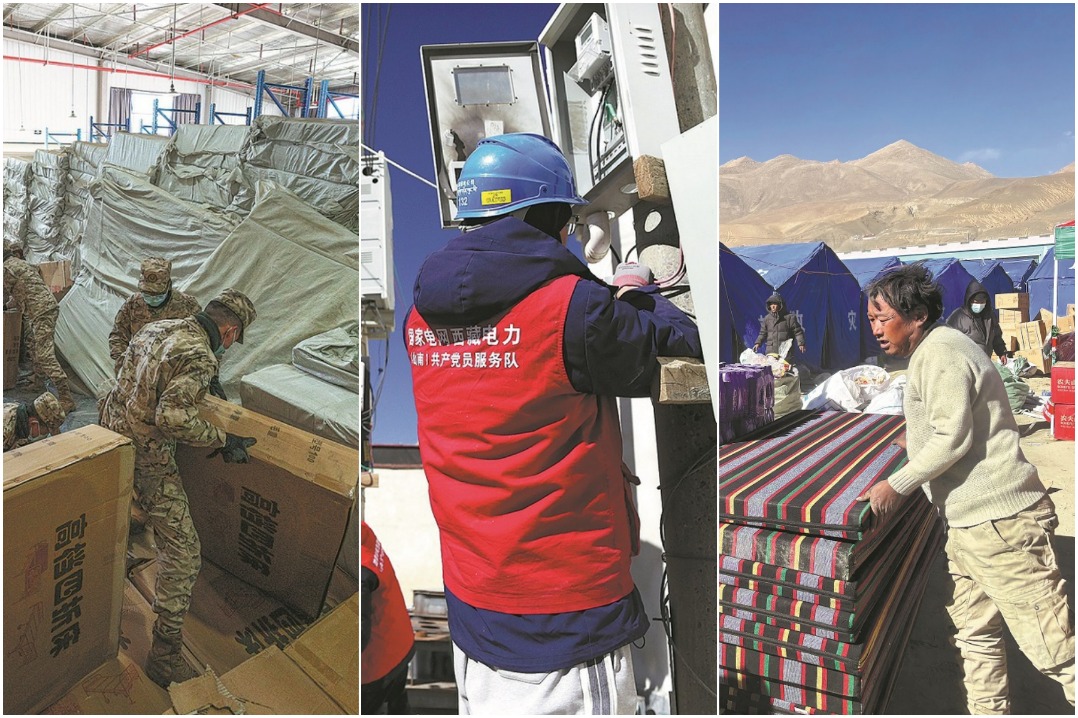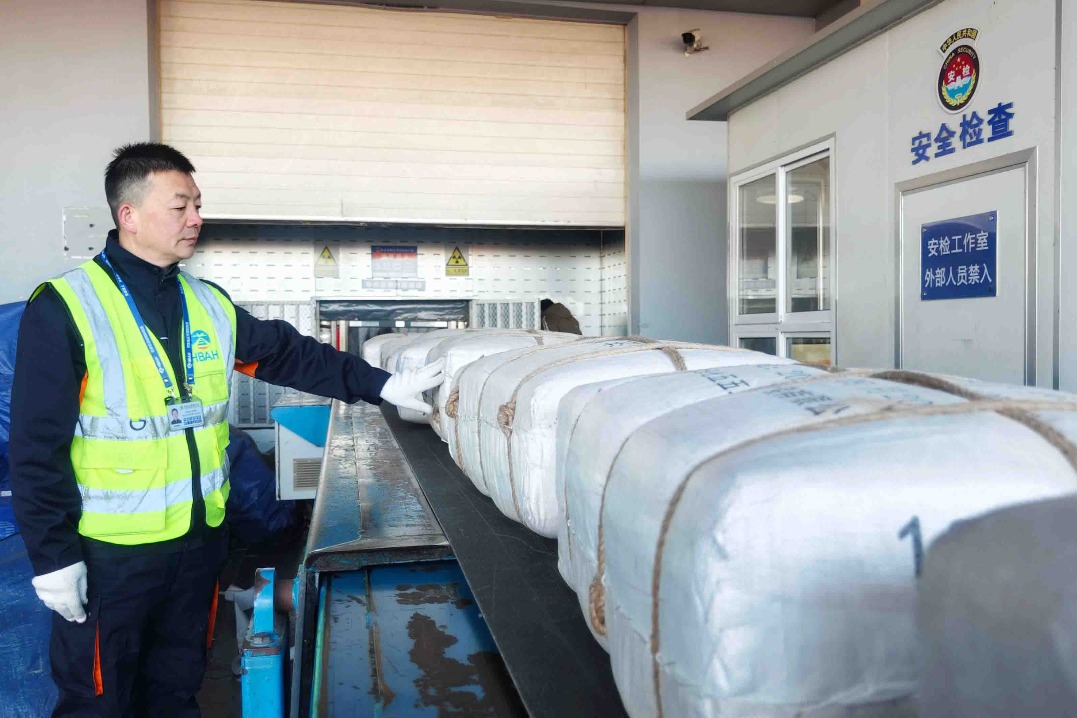COVID-19 herd immunity feasible in China, experts say


Vaccination is undoubtedly the optimal approach to reducing virus transmission and achieving the full resumption of work and production, he added.
Zheng said some people are hesitant to get vaccines due to safety concerns, which are unfounded.
"Each of the 150 million-plus doses that is administered in China adds to the growing proof of the outstanding safety record of domestic COVID-19 vaccines," he said.
He added that all approved vaccines are nearly 100 percent effective in preventing severe cases, which is vital to curbing hospitalizations and controlling fresh outbreaks.
Zheng also expressed confidence in securing sufficient vaccine supplies for domestic vaccination campaigns, saying that China's annual manufacturing capacity for COVID-19 vaccines will reach at least 3 billion doses by the end of this year.
"If everyone eligible for COVID-19 vaccines can recognize the need and get vaccinated, we are sure to establish herd immunity as planned," he said.
Feng Luzhao, a public health professor from the Chinese Academy of Medical Sciences & Peking Union Medical College, said the sense of security harbored by many Chinese people is untenable.
"As long as the pandemic has not ended, the risk of seeing new domestic outbreaks triggered by imported cases will not go away," he said. "The recent infection cluster in Ruili, Yunnan province, that was caused by imported infections from Myanmar is a typical example."
While boosting people's willingness to get vaccinated, Feng said it is essential to ensure COVID-19 vaccines are distributed in an orderly and coordinated manner. At the moment, residents in port cities and people who are at higher risk of contracting the virus remain the priority, he added.
"Uneven distribution between regions is possible due to temporary output restraints," he said. "But as the country is scaling up manufacturing rapidly, there is no need for the public to be anxious about supplies in the long term."
Feng also called for launching more flexible, targeted services, such as sending vaccination workers door-to-door, setting up more makeshift or mobile facilities and encouraging hospitals to provide vaccination services.
Local governments are already implementing effective measures to improve efficiency in the vaccination process and confidence in inoculations by means such as surveying residents in advance, encouraging people to make appointments and posting information online, Wu Liangyou, deputy director of the National Health Commission's disease control and prevention bureau, said at a news conference on Sunday.
Zhong Wenwen, a community health worker from Chongqing's Xinqiao neighborhood, said vaccines are usually used within 24 hours of their arrival at the community health service center.
"We often update banners bearing slogans that encourage people to receive vaccines and use platforms both online and offline to spread clear, science-based, easy-to-understand information on vaccines," she said.




































